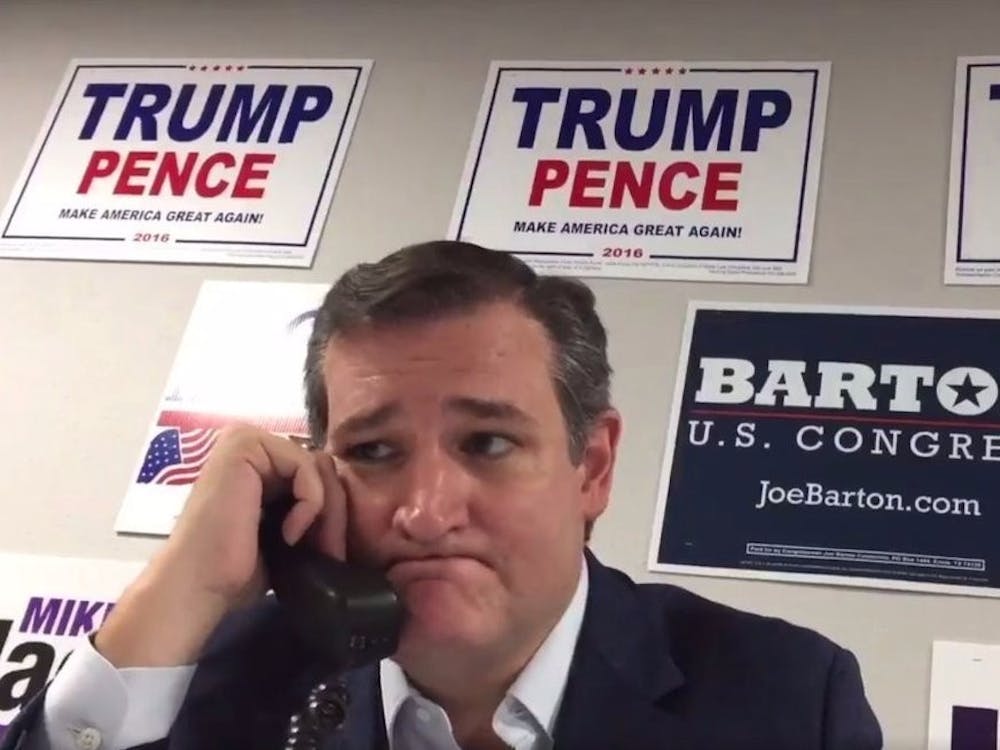He also said humor is a good way to share information because people are more likely to share funny information within their own networks, which in theory is likely to make people care more about the election.
“I think the lid is off the bottle with respect to social media,” he said. “It’s probably become more of a phenomenon since the 2004 election, which was the first cycle we had early proto-social networking technologies. It’s just become more and more important every cycle since, so I think that will continue to be the case even more so in the future.”
Even new platforms like Snapchat have sprung up, Kreiss said, which allows people to create their own humorous content and share it with others, at the same time as providing valuable election coverage.
However, not every candidate benefits from the humor aspect, depending on who is on which side of the joke.
“If you’re a candidate and on the good side of the joke, it’s a good thing,” he said. “If you’re not, if you’re the one who’s the object or target, it doesn’t necessarily help you in any way.”
There are currently a lot of people now who are studying social media on an in-depth level, especially communication scholars like Kreiss.
International exchange student Hannah Palmer said the U.S. election has been quite laughable from her Australian perspective — particularly because of the memes online.
“You could scroll through my Facebook and find some (memes),” Palmer said.
Palmer said one of the more memorable ones for her was the video of a clip from the second presidential debate with added music which made the candidates appear as if they were singing a duet together.
First-year Tarik Woods said some of the political satire does more harm than good, but that he feels it is still a necessary type of political critique.
“I would say that it influences opinion, but not always and not always in a positive way,” he said.
Sophomore Iris Chong, who voted in this election, said she feels it has made the election a bit more lighthearted, and the Trump memes in particular stood out to her.
To get the day's news and headlines in your inbox each morning, sign up for our email newsletters.
“I think it brings more popularity to a candidate, even if it’s a joke,” she said.
@MariaMullis2017
swerve@dailytarheel.com





